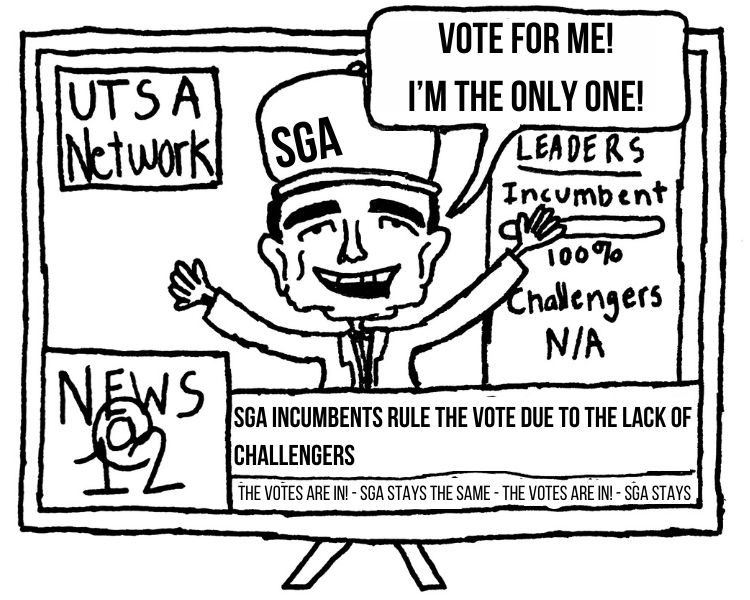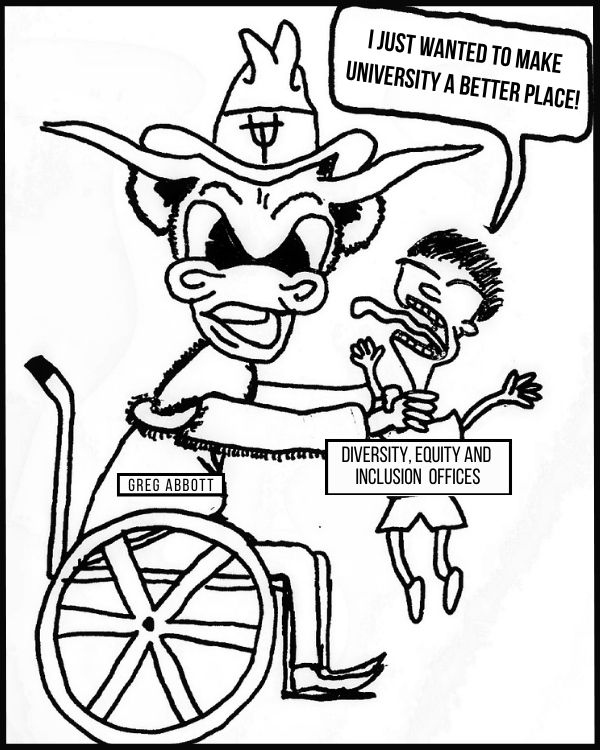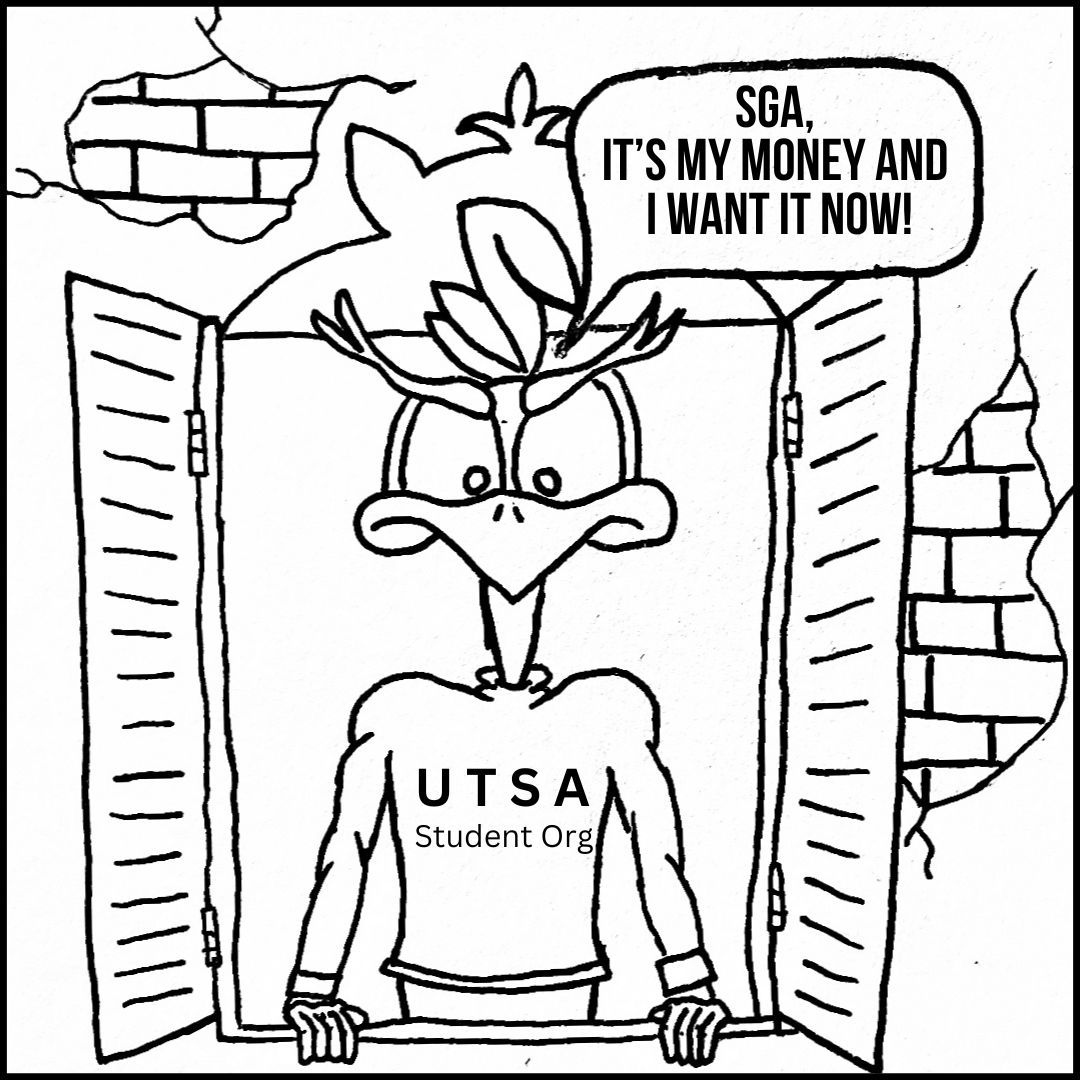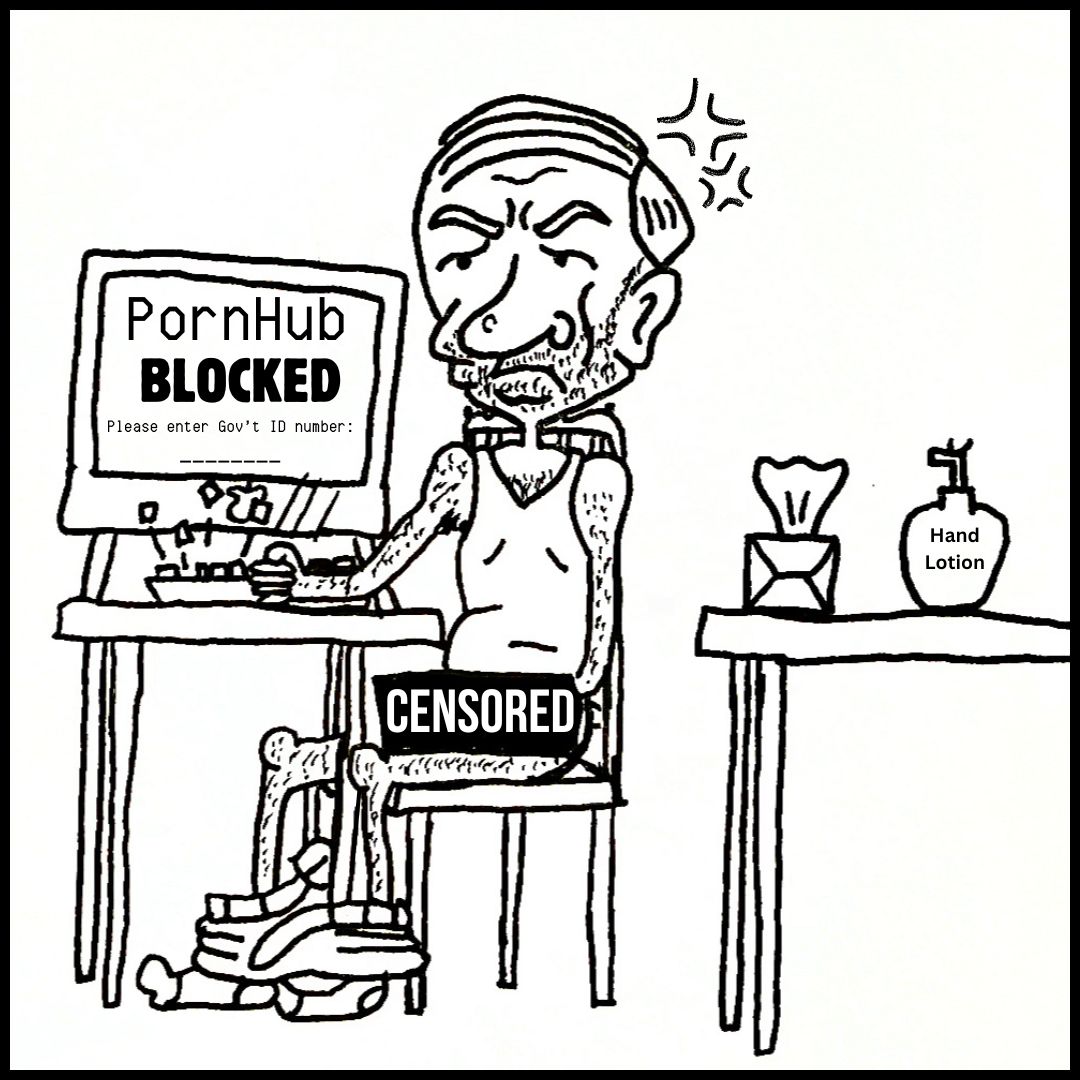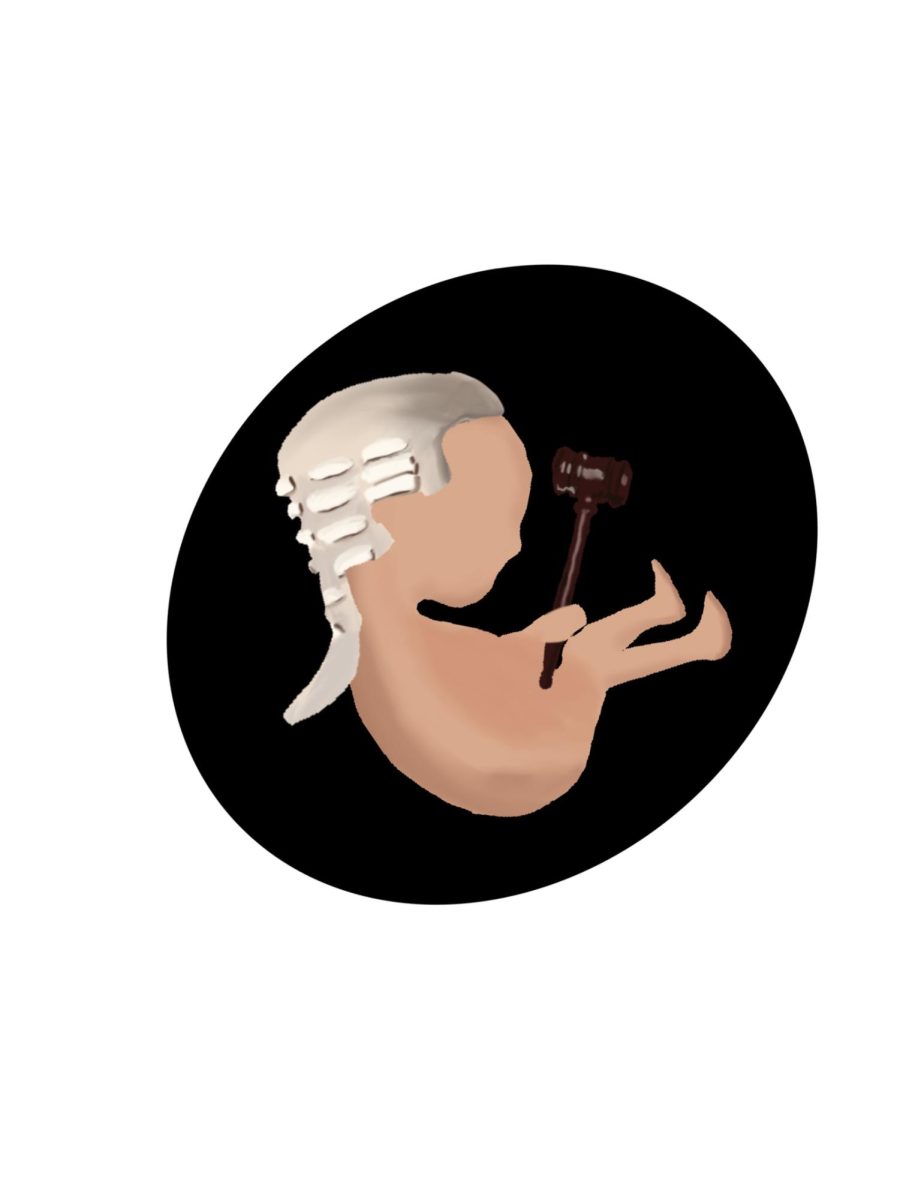When UTSA opened its doors to students in the early 1970s, getting an A in class was a rare occurrence, and only the most outstanding students received the highest marks. Now, surveys of colleges around the country suggest that over 40 percent of the grades awarded to college students are A’s, while about 30 percent are B’s. Although grade inflation among colleges is well-documented, there has been little effort to fight the trend. Grade inflation is an institutional problem without an easy solution, and implementing an honest transcript would help employers hire students based on performance instead of a flawed grading system.
In the 1960s a college student had only about a 15 percent chance of receiving an A for a course, resulting in an average GPA of around 2.5 for graduates. However, as more students are receiving higher grades, the typical student graduates with a GPA of around 3.0. Although it seems like the quality of college students is on the rise, students are actually studying less than they did in the past. Whereas a student going to college in 1961 would study for 40 hours outside of class, today’s typical student only studies for about 15 hours after they leave the classroom.
Clearly — with grades on the rise and student effort on the decline — it is becoming more and more difficult for employers to differentiate between the students who put in the effort to succeed and those who are simply doing just enough to get by. All too frequently an employer will hire a recent graduate who, despite a transcript with seemingly high grades, is incapable of handling a 40-hour workweek.
Last year, Republican State Representative Scott Turner introduced a bill that would have required a college transcript to include not only the grade a student received in the course, but also the median or average grade for the course. This would ensure that when an employer is looking to hire, they have the context for how well a student performed instead of just a number or letter. Schools such as Dartmouth, University of Illinois and Columbia already implement such a system, known as an honest transcript. Although Turner’s bill passed the House with near-unanimous approval, it was never brought to the floor in the Senate.
While UTSA seeks Tier One status and attempts to increase its graduation rate it must also be aware that employers will take note if its students are unable to compete in the workforce. An honest transcript would hold UTSA and its professors accountable, as well as its students who are looking to separate themselves from other job hunters. While the adoption of a plus/minus grading policy is a step in the right direction, an honest transcript would give employers the best gauge of how well a student performed in college. If Texas schools want their students to be accurately represented as they hunt for jobs, legislators and administrators would be wise to adopt an honest transcript.







